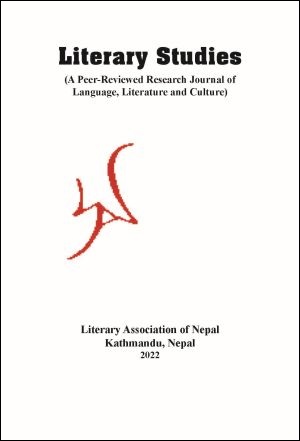Cultural Practice of Natural Theology and Environmental Ethics in the Vedas
DOI:
https://doi.org/10.3126/litstud.v35i01.43685Keywords:
Natural theology, naturalism, dharma, rita, ethicsAbstract
Vedic texts have established the cult of worshipping natural phenomena, which from the surface understanding is the process of personification, but in real, Vedic hymns show on how the Vedic people have understood the underlying power of nature. Vedas, Rig Veda, Sama Veda, Yajur Veda and Atharva Veda, have joined the human culture with the philosophy of nature in the mode of natural theology. The culture of sacrifice taught through Vedic hymns has conveyed the knowledge of mutual dependence of man, God and nature. Vedas have proven the natural theological notion of nature-God relation with the hymns devoted to nature phenomena as the metaphors of power, creativity, essence and purity in the forms of deities. Vedas have pertained ecocentrism as the cultural practice of nature eminence. They have further addressed the idea of environmental ethics through the Vedic view of cosmological and ontological unity in nature, and the ethics of natural law in the form of rita, dharma and karma. With the examination of Vedic priority to nature, especially from the Rig Veda, this study anticipates to link Vedic natural religion with the nineteenth century philosophy of natural theology and late twentieth century ecological study of environmental ethics.
Downloads
Downloads
Published
How to Cite
Issue
Section
License
© Literary Association of Nepal (LAN)

